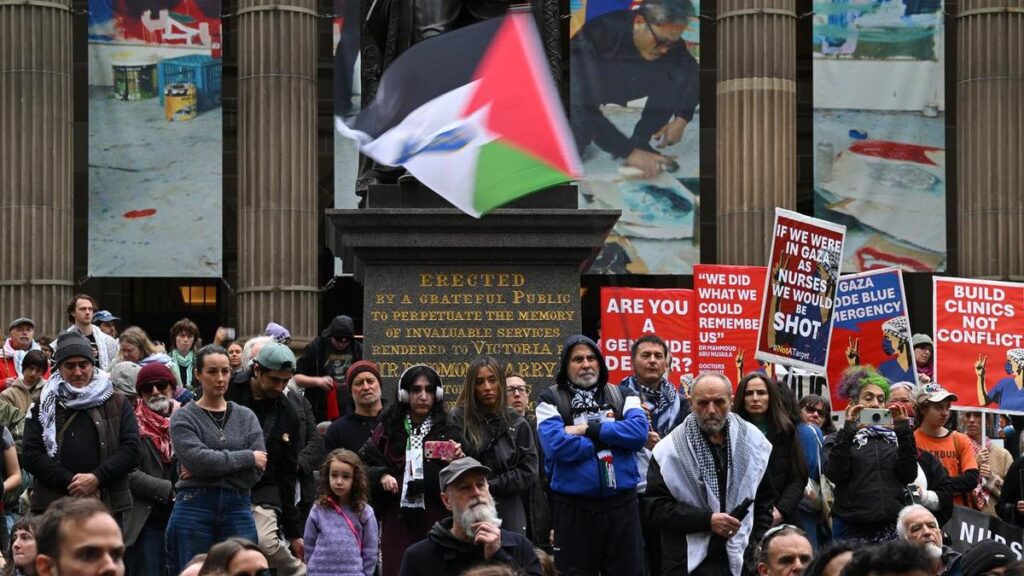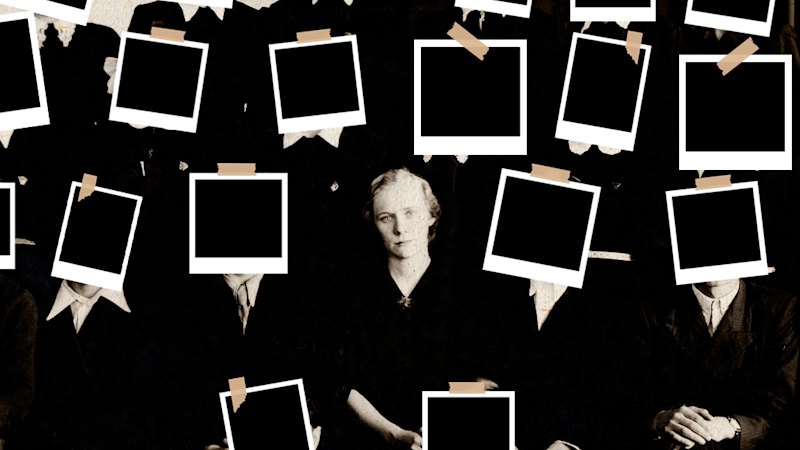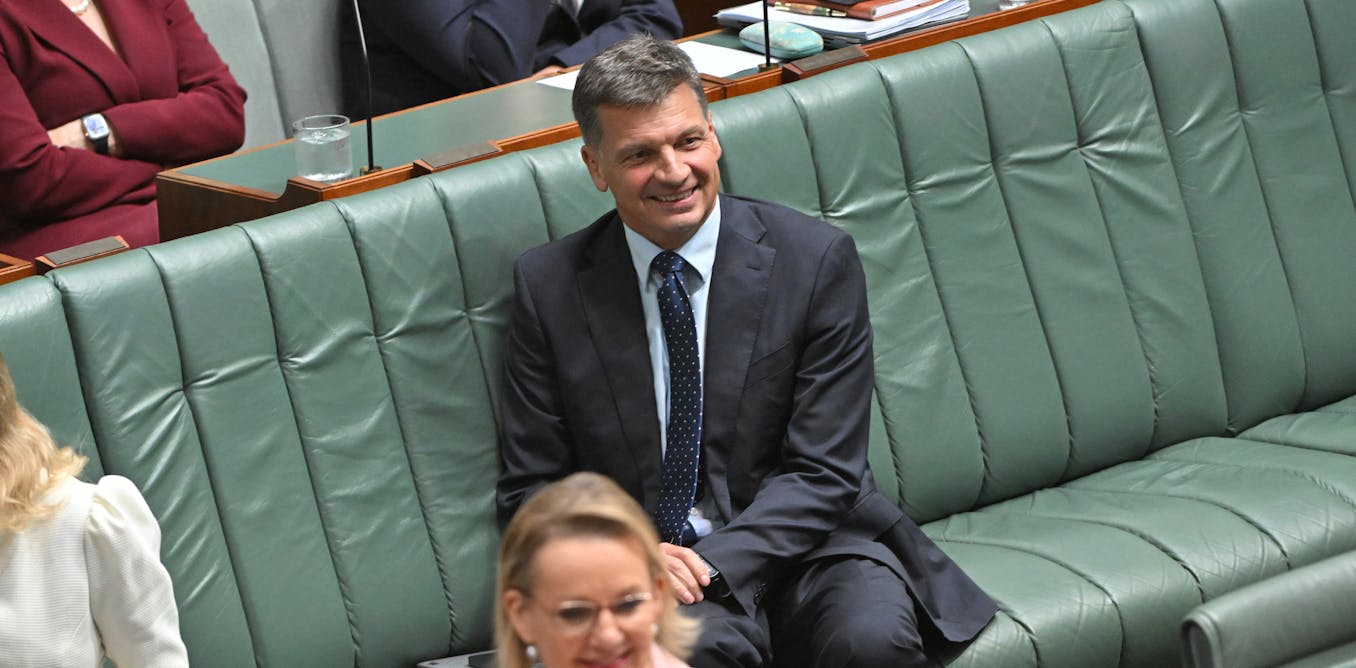
Australia has officially recognized the state of Palestine, marking a significant shift in its long-standing foreign policy. This decision, made by Prime Minister Anthony Albanese, comes as Australia joins the United Kingdom and Canada in acknowledging Palestinian statehood, effective from the evening of September 21, 2025. The recognition aims to foster renewed momentum towards a two-state solution amid escalating humanitarian crises in Gaza.
In a joint statement, both Albanese and Foreign Minister Penny Wong expressed that Australia recognizes the legitimate aspirations of the Palestinian people for statehood. They stated, “Today’s act of recognition reflects Australia’s longstanding commitment to a two-state solution, which has always been the only path to enduring peace and security for the Israeli and the Palestinian peoples.” The leaders emphasized that crucial initial steps towards achieving this solution include a ceasefire in Gaza and the release of hostages taken by Hamas on October 7, 2023.
Implications of Recognition
The Australian government reiterated that Hamas, which currently governs Gaza, should have no role in a future Palestinian state. The recognition comes with the condition that the Palestinian Authority, which administers the West Bank, must formally acknowledge Israel’s right to exist. Additionally, the Palestinian Authority must commit to holding democratic elections and implementing necessary reforms in governance, finance, and education.
Albanese’s administration noted the importance of collaboration with the Arab League and the United States, which has historically opposed Palestinian statehood, to aid in reconstructing Gaza and ensuring Israel’s security. The Israeli government responded by asserting that the recognition could further destabilize the region and hinder the possibility of a peaceful resolution to the conflict. Israel’s foreign ministry stated, “Israel will not accept any detached or imaginary text that attempts to force it to accept indefensible borders.”
Political Reactions
The decision to recognize Palestine has sparked a variety of reactions within Australia and abroad. Albanese faced pressure from allies of former U.S. President Donald Trump not to proceed with this recognition. A group of Republican Congress members sent an open letter to Albanese and his counterparts in France, Canada, and the UK, warning that such a move would conflict with longstanding U.S. policy and could lead to punitive measures.
Opposition Leader Sussan Ley criticized the Albanese government’s decision, claiming it would bolster Hamas’s credibility and extend “a chilling act of concession” to the Israeli people. Ley described the recognition as a “hollow gesture of false hope” for the Palestinians.
Public sentiment remains divided. Pro-Palestine groups in Australia held rallies over the weekend, urging the government to take further action, including imposing sanctions on Israel. As Albanese navigates this sensitive diplomatic landscape, the potential for meetings with international leaders, including Trump, remains uncertain, particularly given the recent exemption of Australian goods from increased U.S. tariffs.
The recognition of Palestine represents a pivotal moment in Australia’s foreign policy and may influence future diplomatic relations in the region.







